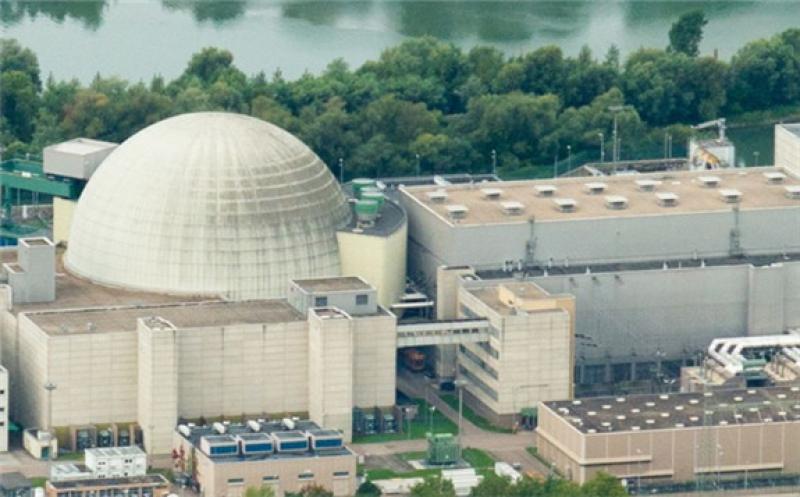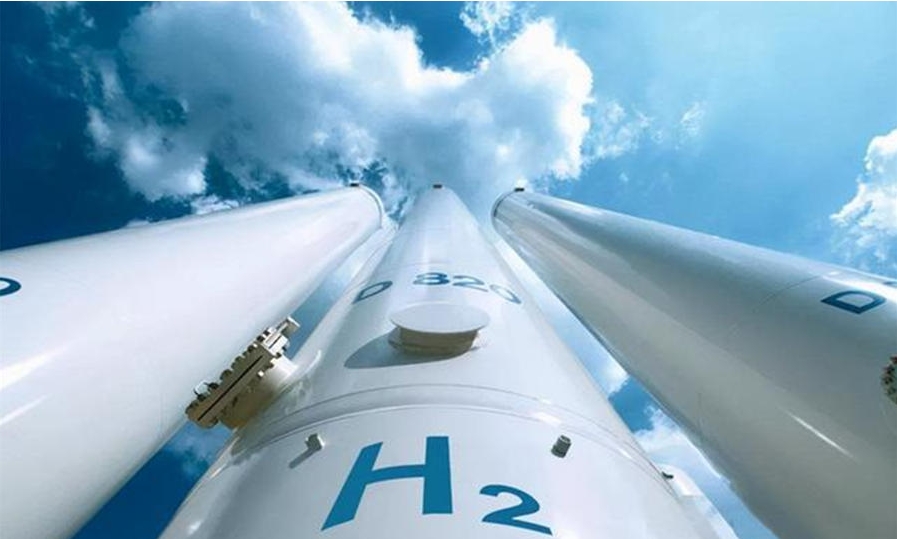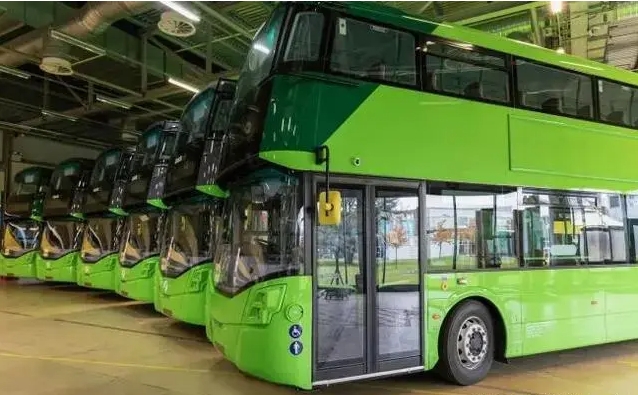
Philippsburg unit 2 (Image: EnBW)
During the shutdown process, output from the 1392 MWe pressurised water reactor was gradually reduced by the stepwise insertion of the control rods into the reactor core. EnBW said this process - the same as that carried out prior to planned annual maintenance and refuelling outages - went "technically as planned and without any special features".
Philippsburg 2 was initially connected to the grid on 17 December 1984 and began commercial operation in April the following year. Since its commissioning, the unit has generated about 10 terawatt-hours of electricity annually and over 355 TWh during its operating lifetime. The unit has met around one-sixth of the German state of Baden-Württemberg's total electricity requirements and provided power to about two-thirds of private households in the state.
EnBW submitted an application in early 2016 to the Baden-Württemberg's Ministry of Environment for decommissioning and dismantling Philippsburg 2. The utility was granted that permit on 19 December. The dismantling of unit will begin with the transfer of used fuel from the reactor's core to its storage pool. Dismantling of the primary coolant lines is scheduled to begin in the second half of this year. EnBW expects the dismantling of the entire unit to take around 10 to 15 years.
Philippsburg 1 - an 890 MWe boiling water reactor which began operating in 1979 - was among the eight oldest German reactors taken out of service at the order of Chancellor Angela Merkel days after a tsunami hit Japan's Fukushima Daiichi nuclear power plant in March 2011. Together, units 1 and 2 of the Philippsburg plant generated a total of 570 TWh of electricity over the past 40 years.
Thanking the 700 workers at the site, Jörg Michels, head of EnBW's nuclear power division, said: "Together we have ensured 40 years of safe electricity production at the Philippsburg site with units 1 and 2. From now on, unit 2 will focus on safe and speedy dismantling - as has been the case with unit 1 since 2017. We are happy to be able to tackle this task with our experienced and competent employees, to whom we can open up an interesting professional perspective following electricity production."







